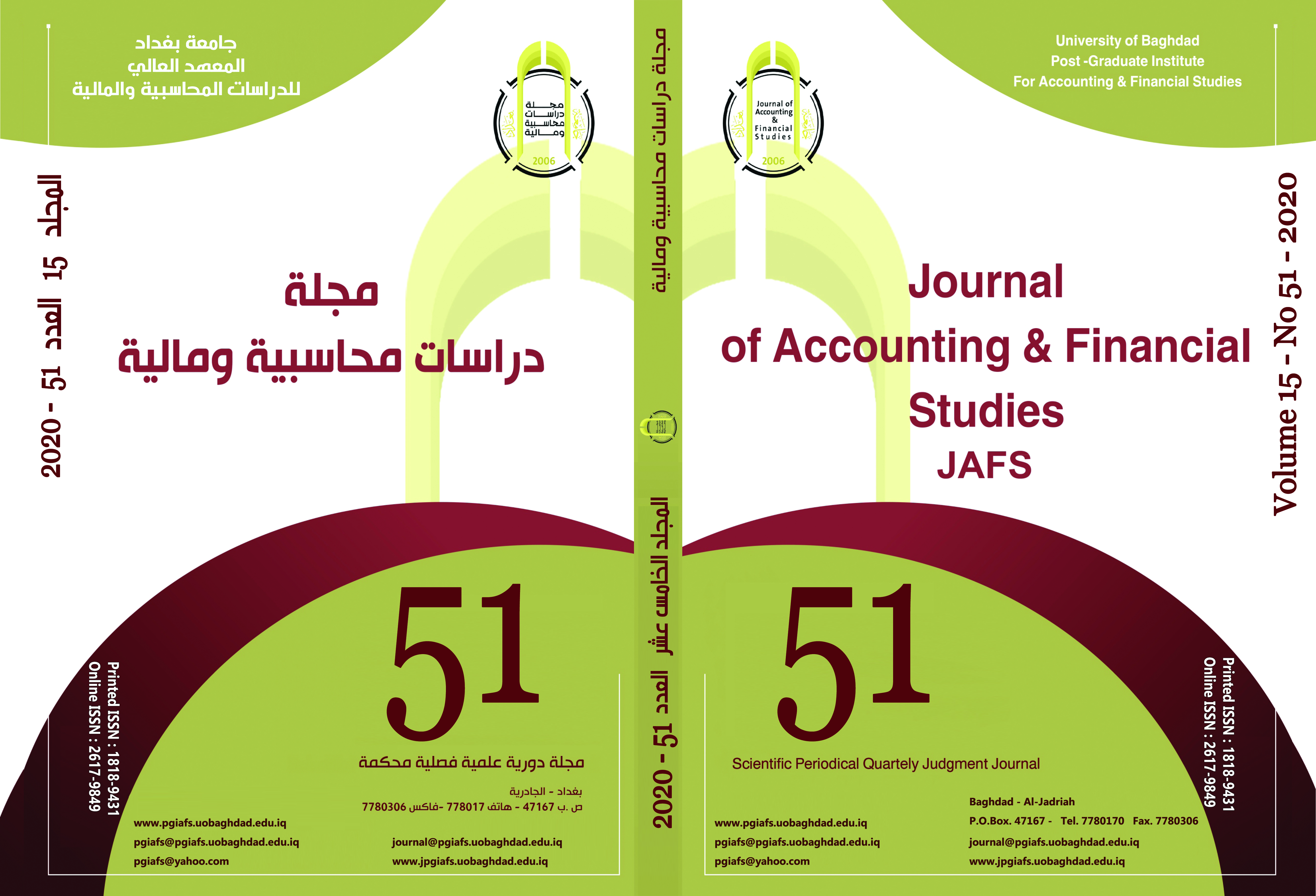The role of tax exemption in reducing environmental pollution
An applied study on brick factories in Iraq
Keywords:
Tax exemptions, Environmental pollution, Environmental taxes.Abstract
Air pollution is considered one of the major environmental problems that contain many challenges and difficulties facing most countries of the world, including Iraq. The problem has emerged widely with the emergence of the industrial revolution in the world and the tremendous increase in the population and the increase in the number of transportation and its development in addition to excavation, maintenance and work Construction and weather fluctuations, such as dust and sandstorms, pollution resulting from oil refining, extraction, diversion and other processes that cause pollution, and the start of the world using methods that limit the volume of environmental pollution. The most prominent of these methods is the imposition of harm B environmental, where it is imposed on people who do not adhere to environmental standards and in the subject of our research, Iraq did not legislate a law on environmental taxes, but the situation was limited to imposing fines on the causes of pollution and this fine did not address the problem of environmental pollution because people pay the fine and do not think about adhering to environmental standards so it must be provided Another way to push or motivate people to adopt modern methods of production to reduce environmental pollution is therefore tax exemptions one of the most important methods that can encourage people to adhere to environmental standards .
Downloads
Published
Issue
Section
License
The copyright is transferred to the journal when the researcher is notified of the acceptance of his research submitted for publication in the journal.



